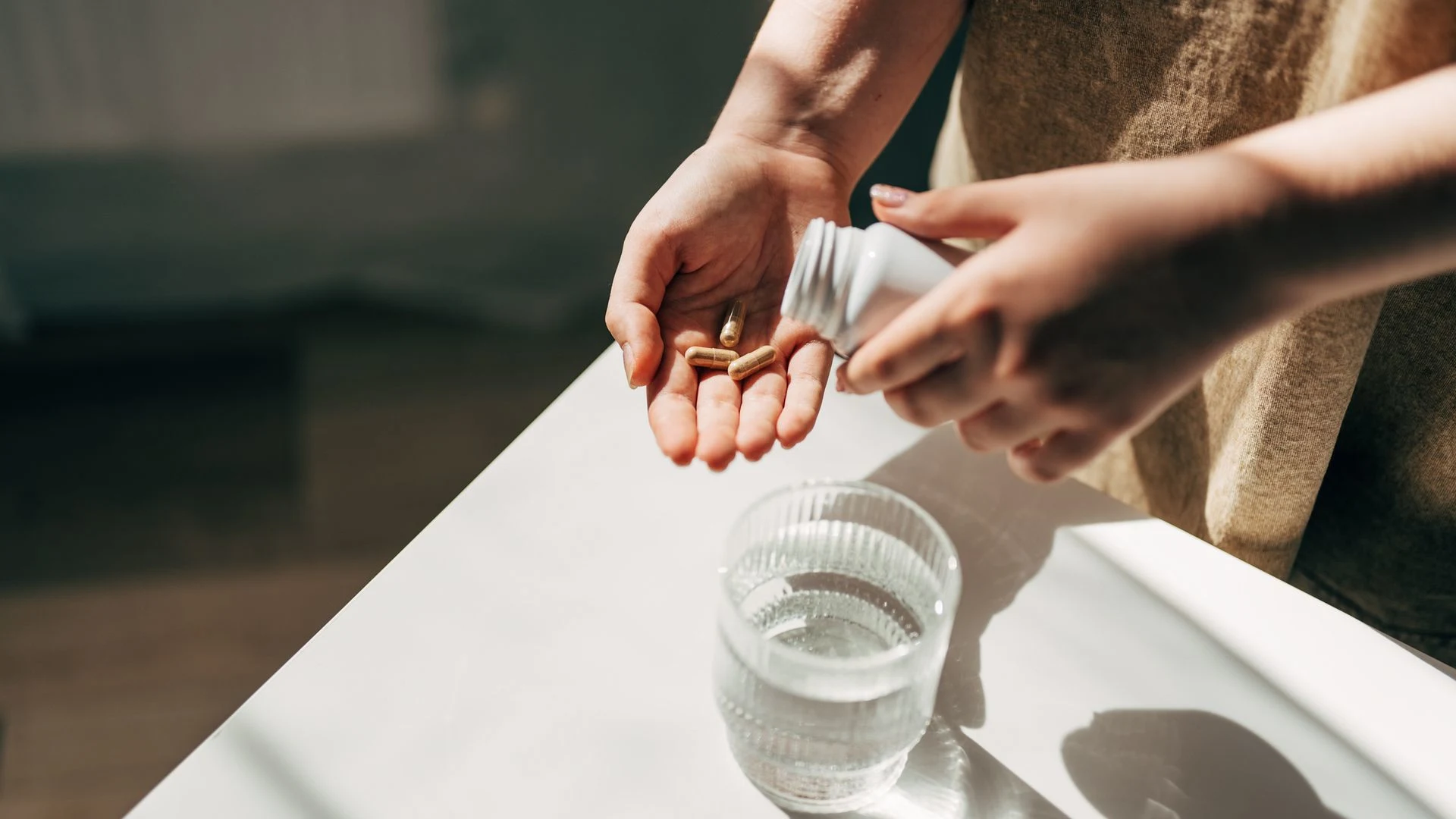Copyright hellomagazine

You've heard the benefits of certain vitamins and minerals during midlife, from Vitamin D and magnesium to Omega-3 and calcium. And now the naturally occurring compound creatine, popular with athletes, is also becoming increasingly talked-about as a must-have nutrient from age 45. "Creatine is found mainly in your muscles and, to a lesser extent, in the brain, and is produced from three amino acids: arginine, glycine and methionine," explains women's hormone health expert Rocío Périz. Its main function is to act as an energy reserve for cells, "especially during high-intensity and short-duration efforts," says Dr Ángel Durántez, who is a pioneer in Longevity Medicine. "Although the body produces creatine (in the liver, kidneys and pancreas), it's also obtained through foods like meat and fish." Why a creatine-rich diet is important from the age of 45 From about the age of 45, many women begin to experience a progressive decrease in muscle mass, strength and cognitive capacity, and all of these speed up with the arrival of perimenopause, menopause and postmenopause. "Creatine can help mitigate these effects, contributing to the production of ATP (cellular energy), which improves muscle function, body composition and energy. Some studies also suggest that it may have a neuroprotective effect and contribute positively to mood and brain function," says Dr Durántez. Benefits of creatine include boosting brain and metabolic health, the immune system and longevity. "It promotes cognitive function and memory, and protects against neurological deterioration. It improves insulin sensitivity and helps prevent sarcopenia (loss of muscle mass and strength due to ageing). And it acts as an osmoprotector, helping to maintain hydration and cell health," says Périz. Creatine is also useful during the menstrual cycle and postpartum. "It is important during the luteal phase of the menstrual cycle (the week before menstruation) because there is a greater demand for ATP in the brain, and fatigue and mental fog can occur," she explains. Creatine positively impacts mood and mental clarity by helping to compensate for the energy deficit. For new mothers, creatine can be useful to help them recover from "the considerable physical and mental wear and tear that occurs" during postpartum, says Dr Durántez. How can you get creatine naturally? Creatine is found naturally mainly in foods of animal origin, such as meat (beef and pork), as well as fish, mainly salmon and tuna. The average adult needs around 1-3 grams per day of creatine to support the body’s normal functions, which is perfectly achievable through a balanced diet including foods rich in the compound. But, says Dr Durántez, "to reach therapeutic doses such as those used in clinical studies, a supplement is usually necessary," says Dr Durántez. For context, you'd need to eat about 1kg (2.2lbs) of steak, for example, to get around five grams of creatine. Importantly, Périz points out, "Creatine can't be obtained from plant sources, so creatine supplements would especially be of interest to people who follow a vegetarian diet," according to Périz. When should you consider a supplemental boost for your creatine-rich diet? Supplements can be especially beneficial to not just athletes and vegetarians, but also those who suffer from sarcopenia or dynapenia (age-related loss of muscle mass or strength), have chronic fatigue issues or just want to stay active as they age. For women aged 45, including menopausal women, it can be part of a preventive strategy to optimise physical and mental performance. Others who can benefit are: Older people Patients recovering after surgery or a long period of bed rest People who have experienced weight loss due to depression The recommended safe dose is 3 to 5 grams daily and, according to Dr Durántez, the most studied and effective form would be creatine monohydrate. "It can be taken at any time of the day, although some studies suggest that taking it after exercise can optimise its absorption. It's also is advisable to take it along with carbohydrates or protein, to improve its bioavailability.·" Are there any contraindications? The experts assure that creatine is one of the most studied and safest substances in the field of nutrition and sports medicine. In fact, even pregnant and lactating women can take it. However, if you have certain kidney-related problems, you should avoid it or discuss it with your doctor first. "Creatine monohydrate can influence certain lab tests that evaluate kidney function. It may be misinterpreted as a deterioration of kidney function or mild kidney failure," warns the doctor. Those with food sensitivities should also avoid it. "Intramuscular water retention can occur, which can increase body weight by a few grams (not fat), also muscle cramps and stomach discomfort," explains Périz. In any case, you should only take supplements under strict medical supervision. About the experts Rocío Périz is an expert in female hormonal health at Be Levels. Dr Ángel Durántez is Medical Director of Spain's Clínica Neleva and a longevity pioneer in Proactive Preventive Medicine and Age Management Medicine.



